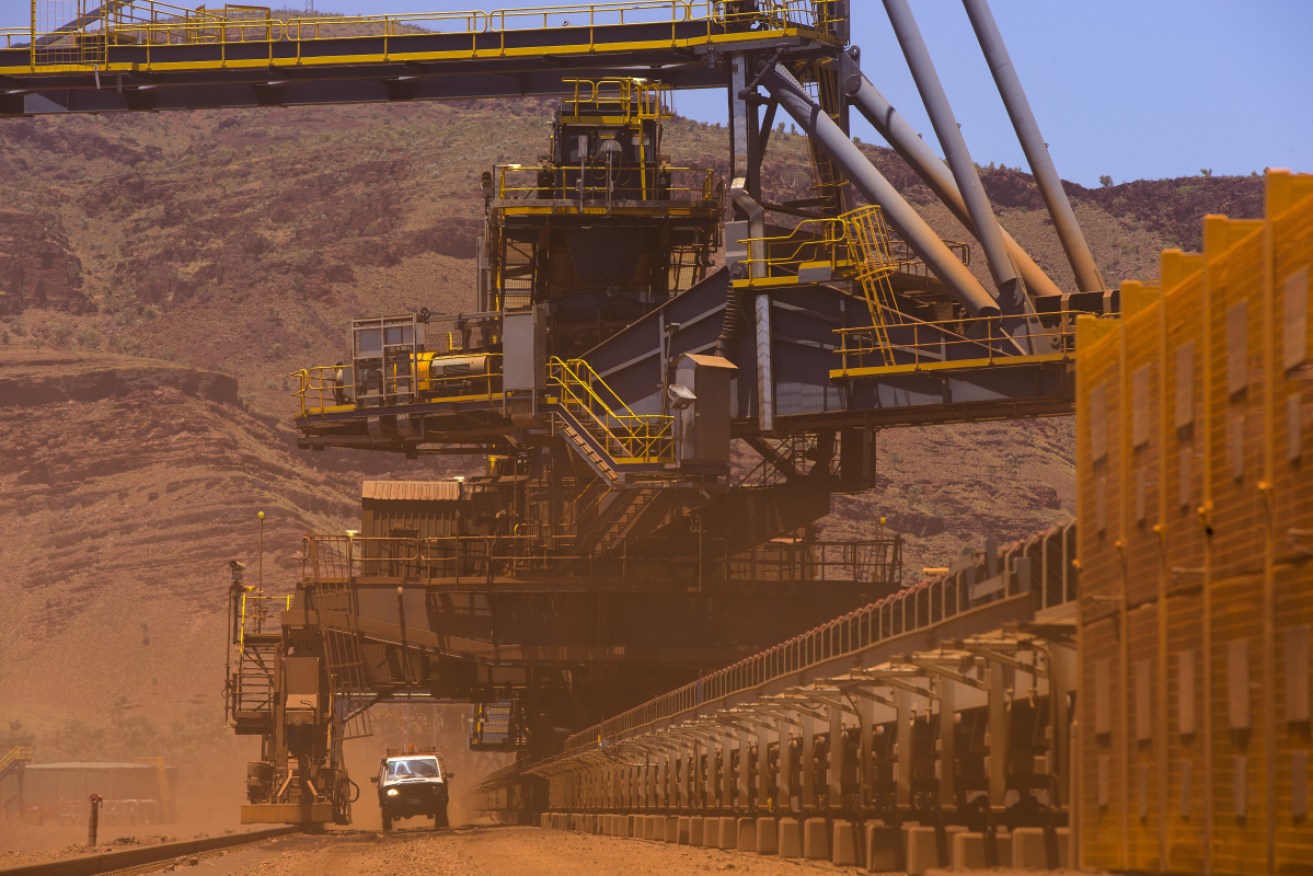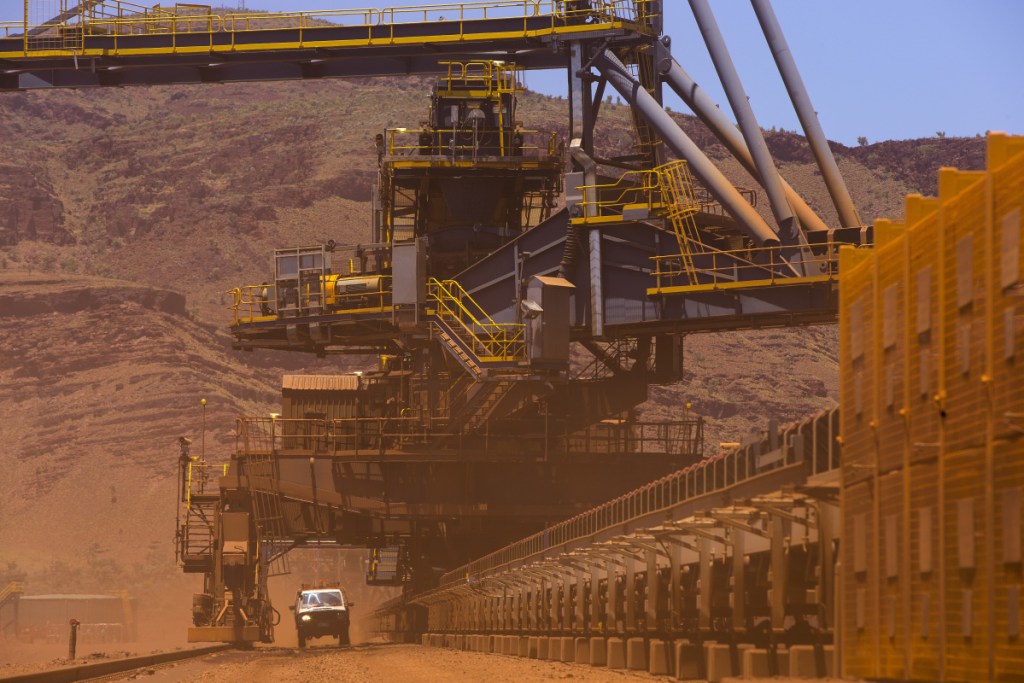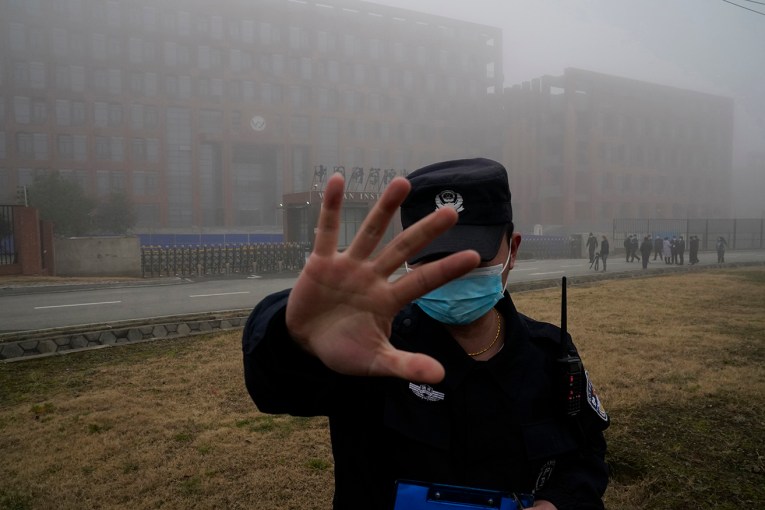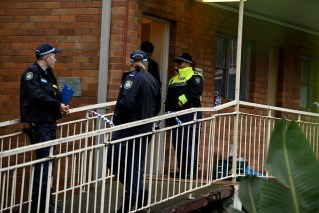Fortescue compensation should include land and ore, court told

FMG closed its Solomon Hub mine in WA in September 2021 after a "significant incident" involving a worker. Photo: AAP
Traditional owners seeking compensation from iron ore miners have rejected a proposition that the land value should be calculated without considering the minerals.
An expert witness for Fortescue Metals Group has argued that the Federal Court should only consider what the land is worth when calculating compensation – and not the tonnes of iron ore being dug up at its Solomon mine hub.
The long-running dispute will decide how much compensation the native title holders, the Yindjibarndi people, will receive from Fortescue and is hearing from valuers about possible methods of calculation.
Campbell Jaski, a valuer at PWC Australia who has previously worked at mining giant Rio Tinto, said his understanding of the Native Title Act was that compensation should be calculated based on what the land would be worth after separating the minerals it contained.
But Economics Consulting Services director Murray Meaton, an independent expert who has worked in native title negotiations and is appearing on behalf of the Yindjibarndi, said that approach was “nonsensical”.
“Anyone valuing this land will take into account the fact that it contains an estimated 2800 million tonnes of iron ore,” he said.
“I can’t imagine anyone would look at this land and ignore the potential to which this land could have, which is the mining of that iron ore.”
Fortescue began mining at the Solomon hub in the Pilbara in 2013 and has since shipped iron ore valued at an estimated $50 billion, but has not paid any money to native title holders.
Fortescue has also legally destroyed dozens of significant Yindjibarndi sites in the process.
The Yindjibarndi people are seeking compensation for the destruction of country and community.
In court on Wednesday, the parties disagreed about implications for the case from the Timber Creek High Court decision, in which traditional owners were awarded compensation for the extinguishment of native title rights and interests.
Jaski said his interpretation was that the economic component of the compensation was equivalent to freehold land value – and varying impairments depending on how the land had been used.
He described as misguided the royalty approach to compensation being suggested by Meaton, who has compared what other mining companies in the Pilbara have negotiated with native title holders, which would mean millions of dollars for Yindjibarndi.
“They’re (royalty agreements) a bargain between mining companies and native title holders, which combine a whole myriad of rights and obligations and assets and liabilities, some of which have nothing to do with the title holders’ rights or interests,” he said.
“For example, the cost of project delays to a mining company.”
But Yindjibarndi barrister Vance Hughston said compensation should take into account the amount the native title holders would have been able to negotiate with Fortescue.
“What the claim group could fairly and justly have demanded for their assent to the infringement (mining), that’s the economic component,” he said.
Fortescue began mining without agreement from the Yindjibarndi’s registered native title body and instead dealt with a breakaway group.









